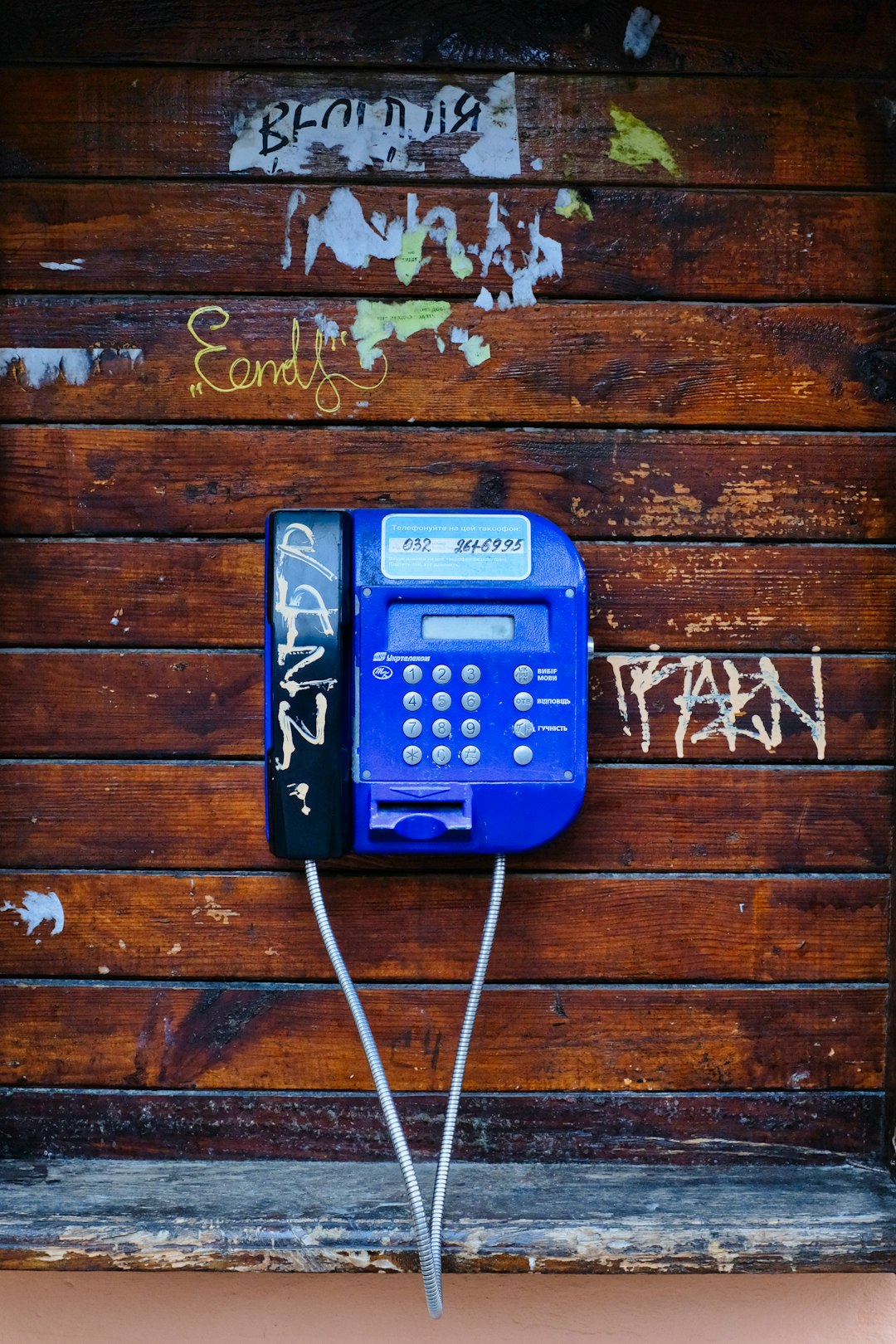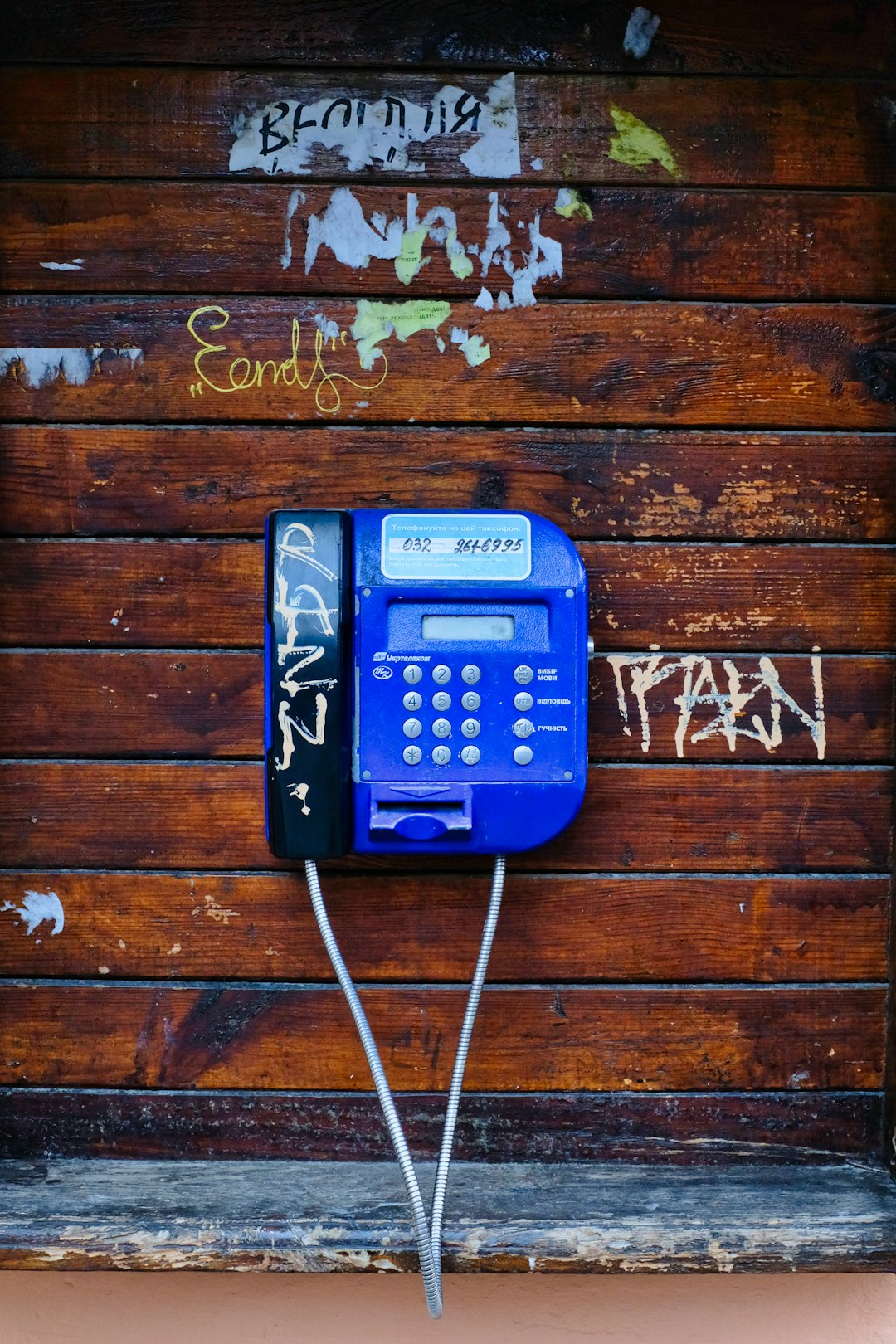In the face of rising scam calls in San Antonio, the Telephone Consumer Protection Act (TCPA) offers crucial protection for individuals and businesses. A TCPA Lawyer San Antonio specializes in this federal law, educating citizens on their rights and helping them recognize fraudulent activities. By reporting suspicious calls, staying alert for red flags like urgent requests or unclear identities, and taking proactive measures such as registering on the National Do Not Call Registry, residents can collectively safeguard their community from scammers. In cases of victimization, a TCPA Lawyer provides guidance, assists in documentation, and files complaints, ensuring perpetrators are held accountable while protecting San Antonio's residents from future fraud.
Tired of mysterious calls flooding your San Antonio lines? You’re not alone. Understanding how to identify and report fraudulent calls is crucial for protecting yourself and your community. This guide breaks down the key steps, leveraging insights from a TCPA lawyer, to help you navigate the complexities of reporting scam calls effectively. From recognizing red flags to taking official action, learn how to fight back against these persistent annoyances and stay ahead of evolving scams.
Understanding Fraudulent Calls and the TCPA

In today’s digital era, fraudulent calls have become a pervasive issue, impacting countless individuals and businesses across the nation, including San Antonio. These unauthorized and often deceptive calls are designed to trick recipients into revealing sensitive information or providing financial services. Understanding these tactics is the first step in protecting yourself from becoming a victim.
The Telephone Consumer Protection Act (TCPA) is a federal law enacted to prevent just such fraudulent activities. It imposes strict regulations on phone marketers, requiring explicit consent for automated calls and text messages. A TCPA Lawyer San Antonio can guide you through this legal framework, ensuring your rights are protected. By recognizing fraudulent calls and understanding the protections offered by the TCPA, residents of San Antonio can take proactive measures to shield themselves from potential financial losses and identity theft.
Recognizing Signs of Scam Calls in San Antonio

In today’s digital era, scam calls have become increasingly prevalent in San Antonio, targeting unsuspecting residents with various fraudulent schemes. Recognizing these signs is an important first step to protecting yourself and your loved ones from becoming victims. A TCPA lawyer in San Antonio advises being vigilant for unusual phone activity, such as unexpected calls from unknown numbers, or pre-recorded messages asking for personal information. These calls often pose as government agencies, banks, or reputable companies, using fear or promises of rewards to manipulate recipients into providing sensitive data over the phone.
Additionally, be cautious when receiving urgent requests for immediate action, lack of clarity about the caller’s identity, or pressure tactics to make hasty decisions. Legitimate organizations typically provide clear information and allow ample time for individuals to verify any request before taking further steps. Staying informed and reporting suspicious calls can help prevent others from becoming victims of these scams, making it a collective effort to safeguard the community against fraudulent activities in San Antonio.
The Role of a TCPA Lawyer in Reporting Fraud

In the complex landscape of telecommunications law, the Telephone Consumer Protection Act (TCPA) plays a pivotal role in protecting consumers from unwanted and fraudulent calls. A TCPA Lawyer San Antonio specializes in navigating this legal framework to ensure compliance and provide recourse for individuals who have fallen victim to scam calls. When reporting fraudulent calls, their expertise is invaluable. They can guide clients through the process of identifying and documenting the scams, which often involve sophisticated tactics designed to deceive.
These lawyers assist by explaining the legal rights of consumers under the TCPA and helping them file appropriate complaints with relevant authorities. Their knowledge of federal and state regulations enables them to take proactive measures against call centers or individuals engaging in illegal telemarketing practices. By employing their services, residents of San Antonio can rest assured that their reports are handled efficiently, increasing the chances of stopping fraudulent activities and holding perpetrators accountable.
Steps to Report Fraudulent Calls to Authorities

If you’ve received a fraudulent call in San Antonio, reporting it to the authorities is a crucial step in combating this growing issue. Start by gathering all the necessary information about the call, including the caller’s phone number, any recorded messages, and the date and time of the incident. You can then file a report with your local law enforcement agency or the Texas Attorney General’s Consumer Protection Division.
For more comprehensive legal action, consider contacting a TCPA Lawyer San Antonio. These specialists are equipped to handle complex cases involving telecommunications laws and can guide you through the process of seeking justice. They can assist in navigating the legal system, ensuring that your rights are protected and that the perpetrators face consequences for their fraudulent activities.
Preventing Future Scams: Tips from a Legal Perspective

Preventing future scams is a proactive approach that can significantly enhance your protection against fraudulent calls. As a resident of San Antonio, understanding your rights and legal options is key to staying ahead of malicious actors. A TCPA Lawyer San Antonio can offer valuable insights into consumer protection laws, particularly those related to telemarketing and robocalls.
One effective strategy is to stay informed about common scams, such as imposter calls from government agencies or fake tech support. Never share personal or financial information over the phone unless you initiate the call and verify the recipient’s identity. Additionally, consider registering your number on the National Do Not Call Registry. This official list restricts telemarketing calls, providing some relief from unsolicited and potentially fraudulent offers. Regularly updating your security software and being cautious of unknown links or attachments can also deter cybercriminals from accessing your data.






